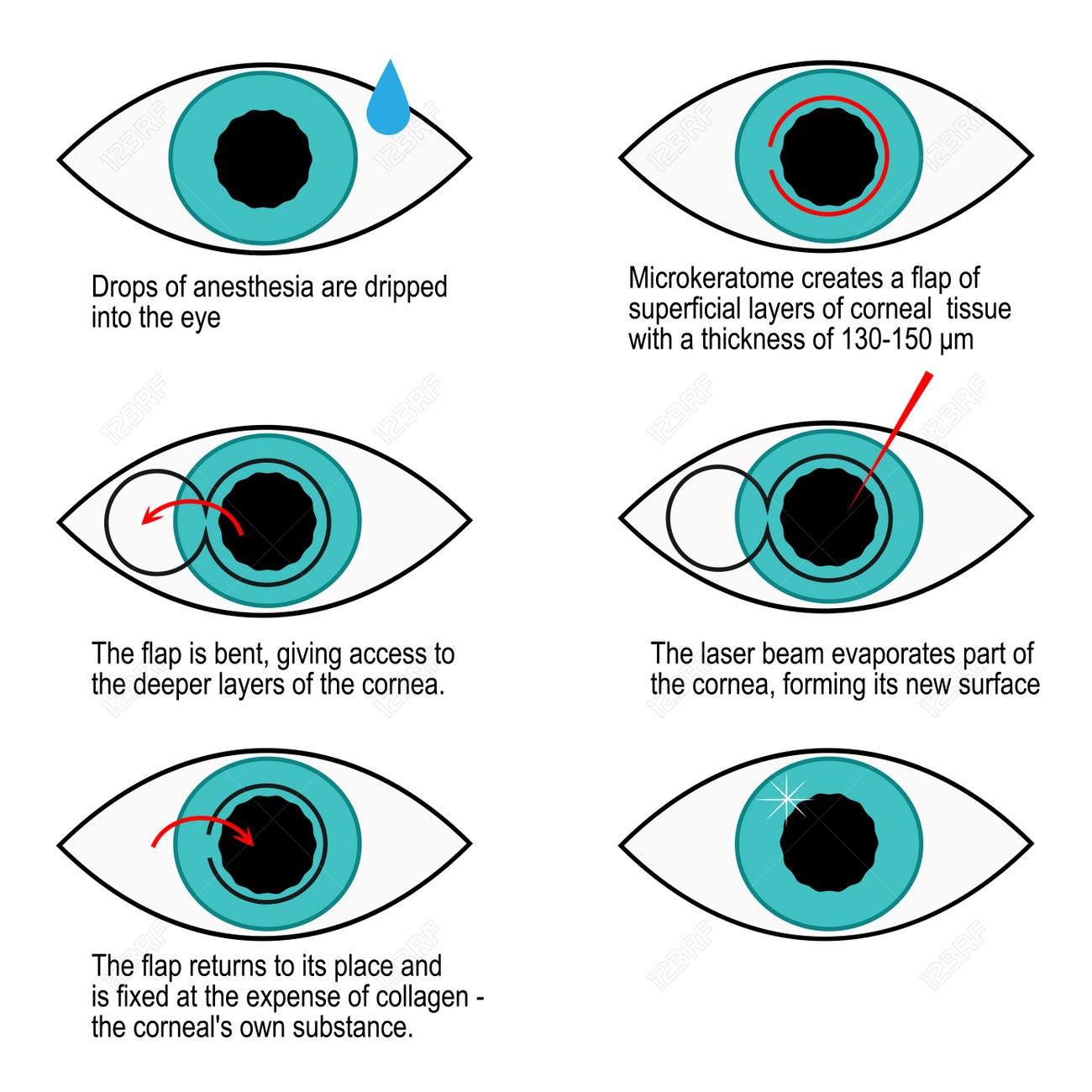The Ultimate FAQ On Refractive Lens Exchange: Every Little Thing You Need To Know
The Ultimate FAQ On Refractive Lens Exchange: Every Little Thing You Need To Know
Blog Article
Authored By-Miller Lorentzen
If you're taking into consideration refractive lens exchange, you most likely have a lot of concerns. This treatment could change how you see the world, supplying benefits like minimized dependancy on glasses. Nonetheless, it's vital to understand the procedure, risks, and who qualifies as an excellent candidate. Allow's explore these important facets so you can make an enlightened choice about whether RLE is right for you.
What Is Refractive Lens Exchange and How Does It Work?
Refractive lens exchange (RLE) is a surgical procedure designed to change your eye's natural lens with a fabricated one, fixing vision problems like nearsightedness, farsightedness, or presbyopia.
Throughout the procedure, your specialist makes a little incision in the eye, removes your natural lens, and inserts an intraocular lens (IOL) tailored to your vision requires. This outpatient surgical treatment generally takes around 15 to 30 minutes per eye and is carried out under local anesthetic.
You'll likely observe enhancements in your vision virtually promptly, though total recovery might take a couple of weeks. RLE is specifically helpful for those over 40 or with high prescriptions, providing a durable option compared to glasses or contact lenses.
Your eye care expert can aid determine if RLE is right for you.
What Are the Benefits and Threats of Refractive Lens Exchange?
Picking refractive lens exchange can cause substantial renovations in your vision, but it is necessary to consider both the advantages and dangers before making a decision.
On the plus side, this treatment can boost your sight by fixing issues like presbyopia, myopia, and hyperopia. Lots of clients enjoy lowered dependence on glasses or call lenses, which can considerably enhance their lifestyle.
Nonetheless, it's critical to think about prospective risks. Issues can include infection, glow, or halos around lights.
There's additionally a possibility of overcorrection or undercorrection, which may require additional procedures.
Who Is a Perfect Prospect for Refractive Lens Exchange?
If you're thinking about refractive lens exchange, it's important to know whether you fit the profile of a perfect candidate. Generally, https://zackary.blogbright.net/a-comprehensive-guide-to-the-laser-vision-improvement-treatment might be an excellent prospect if you're over 40, experience presbyopia, or have high degrees of nearsightedness or farsightedness.
It's additionally crucial that your vision is secure, indicating your prescription hasn't changed significantly in the past year. If you have cataracts or various other eye problems, you might benefit from this procedure as well.
Nevertheless, specific elements, like unrestrained diabetic issues or autoimmune illness, might disqualify you. To establish your candidacy, talk to an eye treatment professional who can evaluate your certain scenario and advise the most effective course of action tailored to your requirements.
Verdict
To conclude, refractive lens exchange can be a transformative choice for boosting your vision, particularly if you're over 40 or have a high prescription. While https://www.medicaldevice-network.com/features/contact-lens-trends/ are considerable, it's critical to consider the dangers and speak with your eye treatment specialist to identify if you're an excellent prospect. With the best details and support, you can make an educated decision and potentially delight in a life with reduced dependancy on glasses.
